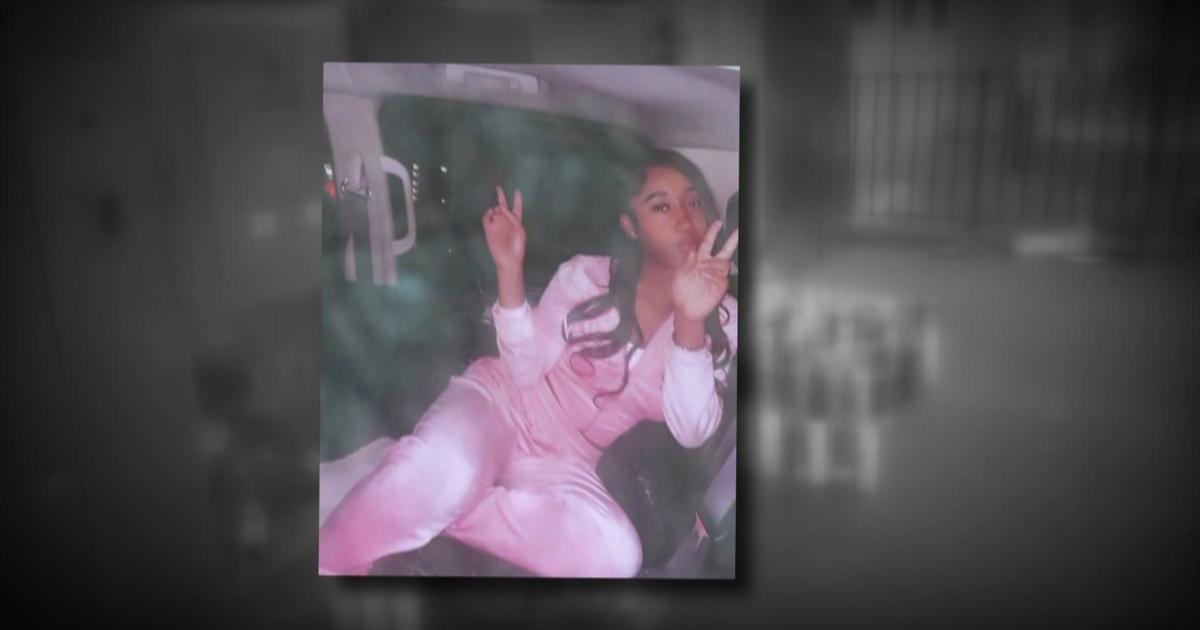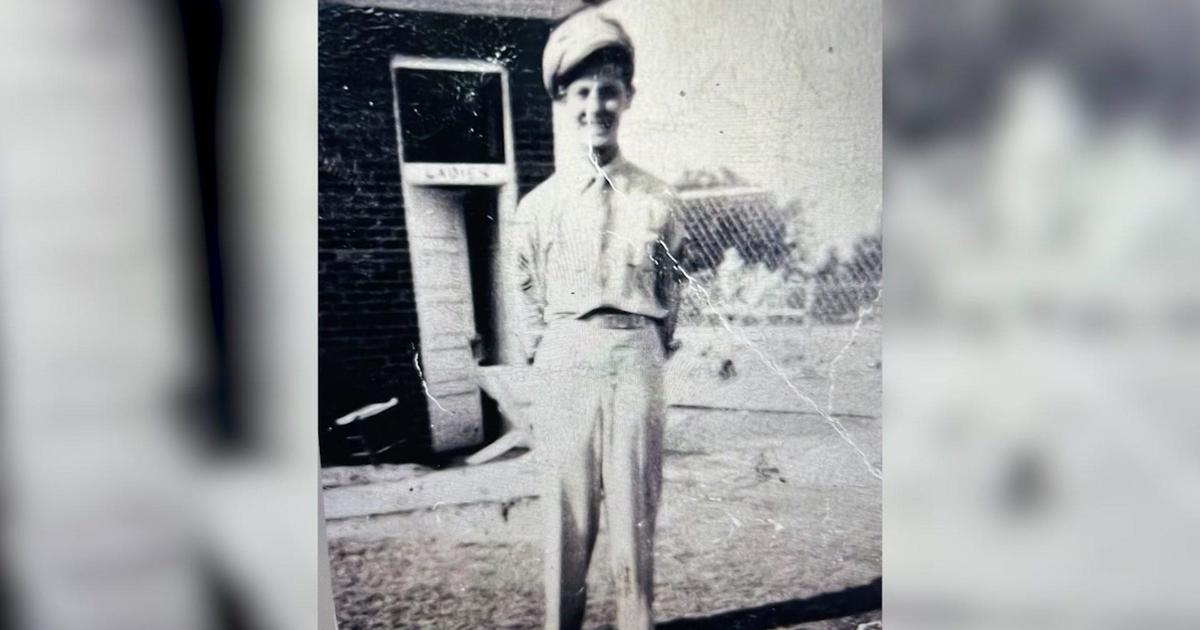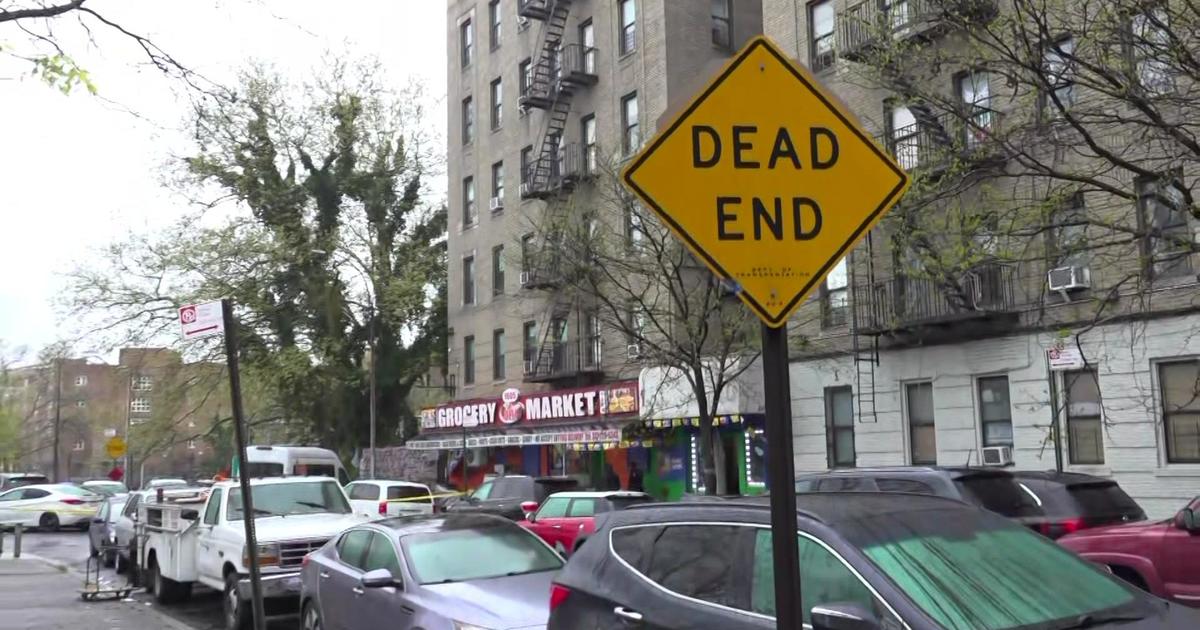Jury To Decide If Hayes Should Die For Home Invasion
NEW HAVEN, CT (AP/CBS 2) - A former boss of the man convicted in a fatal Connecticut home invasion says he was a good worker, but she was frightened by his co-defendant, who looked like "the devil.''
Christiane Gehami testified Monday in New Haven Superior Court, where a jury is considering whether to give Steven Hayes the death penalty.
The defense says Hayes was influenced by drug addiction and his co-defendant, Joshua Komisarjevsky, who still awaits trial.
Gehami said Hayes worked at her West Hartford restaurant. When he brought Komisarjevsky in to talk about a carpentry job, she declined, and testified: "I thought I was looking at the devil.'' On cross-examination by a prosecutor, she explained Komisarjevsky had "dead eyes.''
Prosecutor Michael Dearington told jurors considering the death penalty for Steven Hayes in New Haven Superior Court that he was a career criminal whose past led to the 2007 killings of Jennifer Hawke-Petit and her daughters, 17-year-old Hayley and 11-year-old Michaela at their home in Cheshire.
Dearington called a court clerk, who testified Hayes had a record of burglary convictions dating to 1981. Hayes' defense attorney Patrick Culligan brought out during cross-examination that some of the crimes included lower-level break-ins.
Culligan said in his opening statement that he'll show Hayes had a powerful drug addiction that controlled his life, and he was influenced by co-defendant Joshua Komisarjevsky, who will be tried next year.
Authorities say Hayes and Komisarjevsky carried out the 2007 Cheshire home invasion in which Jennifer Hawke-Petit and her daughters, 17-year-old Hayley and 11-year-old Michaela died.
Komisarjevsky's trial starts next year.
Culligan urged jurors to keep an open mind, and said he will present witnesses to show that Hayes, who became addicted to drugs as a teenager, "could be a likeable person.''
"Many of his life choices revolved around his desire and need to satisfy and fuel his drug addiction,'' Culligan said.
The defense has blamed Komisarjevsky for escalating what had been planned as a burglary, and Culligan said he will bring up what Komisarjevsky told an author who wrote book on case.
Authorities said Hayes and Komisarjevsky broke into the house, beat Dr. William Petit, and forced his wife to withdraw money from a bank before Hayes sexually assaulted and strangled her. Their daughters were tied to their beds before the house was set ablaze.
The crime drew comparisons to "In Cold Blood,'' Truman Capote's chilling book about the 1959 murders of a Kansas family, and prompted more Cheshire residents to get guns. It also led to tougher laws for repeat offenders and home invasions, and Connecticut Gov. M. Jodi Rell cited the case when she vetoed a bill that would have abolished the death penalty.
Connecticut has executed only one person since 1960. Serial killer Michael Ross was put to death by lethal injection in 2005.
Komisarjevsky spotted the mother and her two daughters at a supermarket, followed them to their home, then returned later with Hayes, according to authorities. The men were caught fleeing the scene, they said.
Hayes' lawyers conceded most of the evidence on the trial's first day. But they blamed Komisarjevsky for escalating the violence at every critical point, starting with William Petit's beating. Prosecutors rejected that argument, saying they both were equally responsible for the crime.
Jurors heard eight days of gruesome testimony, saw photos of the victims, charred beds, rope, ripped clothing and ransacked rooms. They deliberated for five hours over two days.
Hayes was convicted of six capital felony charges, three murder counts and two charges of sexually assaulting Hawke-Petit. The capital offenses were for killing two or more people, the killing of a person under 16, murder in the course of a sexual assault and three counts of intentionally causing a death during a kidnapping.
Still reeking of gasoline, Hayes gave police an emotionless confession in which he said he was financially desperate when the men hatched a plan to break into a house, tie up the family, rob them and flee. But Hayes said "things got out of control,'' a detective testified.
Hayes told authorities he sexually assaulted Hawke-Petit after Komisarjevsky, told him he had to "square things up'' because Komisarjevsky had sexually assaulted Michaela, a detective testified.
A prison officer, Jeremiah Krob, said he overheard Hayes tell another inmate that he killed Hawke-Petit after Komisarjevsky told him he had to do it.
Hayes' attorneys had wanted to argue that executions cost more than life sentences. But a judge ruled last week that such evidence is not legally admissible.
(Copyright 2010 by The Associated Press. All Rights Reserved.)



